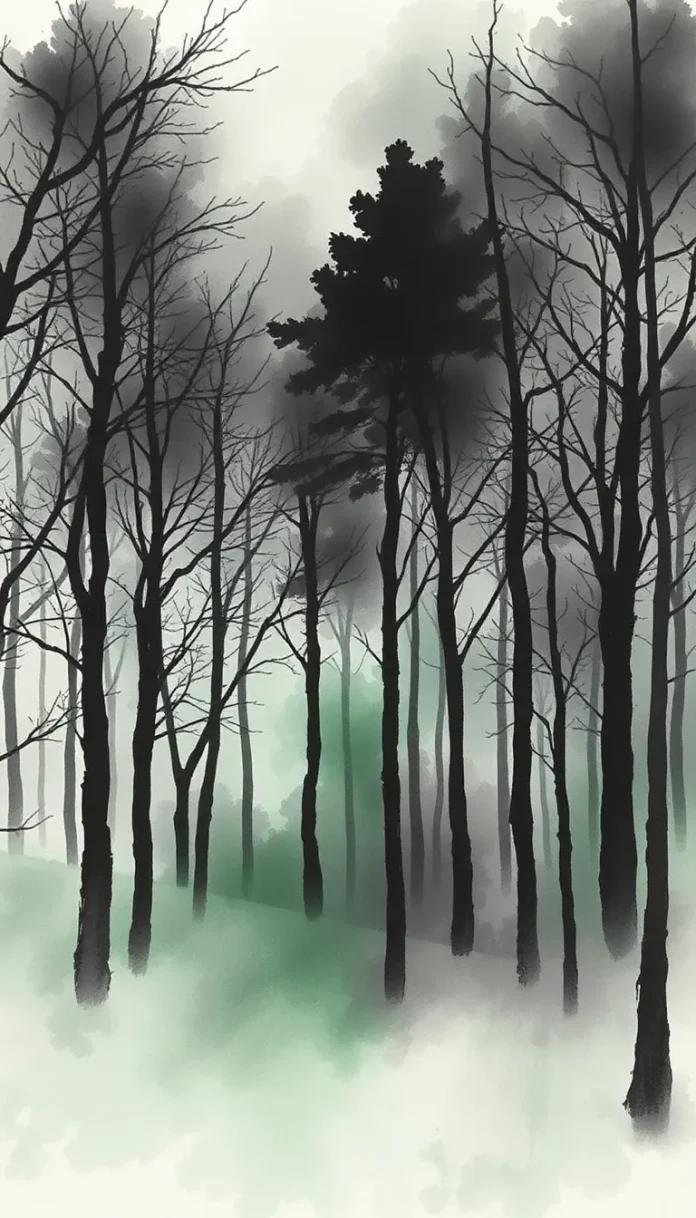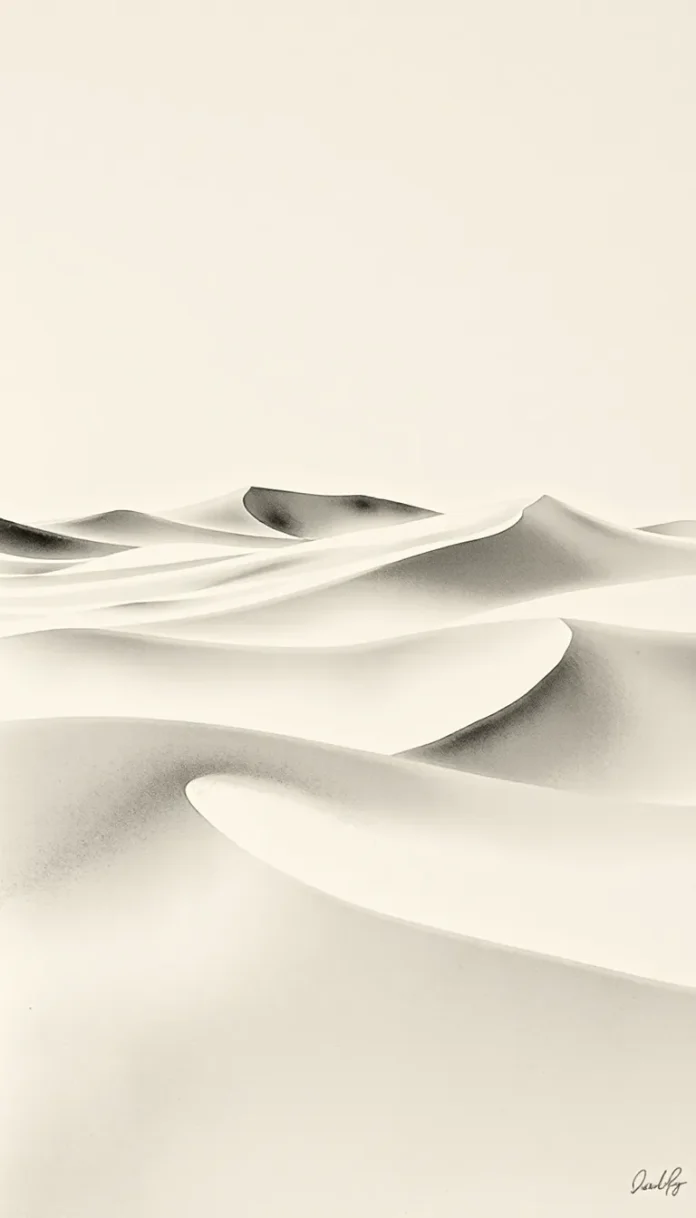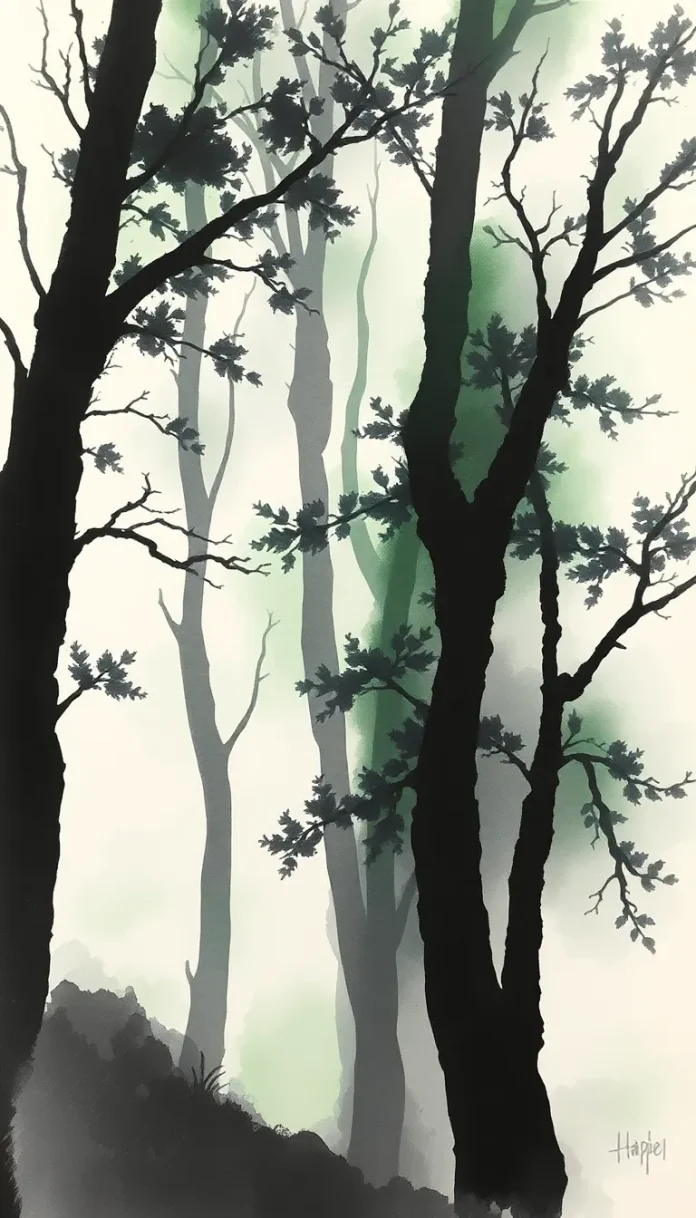The Bard’s Last Verse
A youth with ink-stained fingers treads, where whispered echoes sing.
The cathedral’s breath, a hollow sigh, through fractured glass doth pour,
As twilight’s bruised and bleeding hues paint saints upon the floor.
His name, a leaf in tempest lost; his soul, a smothered flame,
He seeks the silence stones withhold, to flee war’s scarlet shame.
No psalm nor solace greets him here, but specters of the slain,
Their voices coiled in marble veins, a chorus bound by chain.
His quill, once swift as mercy’s wing, now trembles in his hand,
For every verse he births to light, fate writes in shifting sand.
A curse, they say, weaves through his veins—the price of truths too bold—
That lines he crafts in midnight’s grasp reap harvests manifold.
Yet lo! A footfall, faint as frost, disturbs the dust-choked air,
A figure draped in tattered gray, with eyes of wild despair.
A soldier, gaunt as winter’s branch, his brow with grime defiled,
Collapses neath the rood’s stark gaze, life bleeding like a child.
“You, scribe of shadows,” rasps the wretch, “draw near and mark my tale,
Lest I become but phantom’s breath, lost to the wailing gale.”
The poet kneels, his heart a drum, and grips the stranger’s wrist,
Where pulse flutters a fragile bird, ensnared in death’s cold mist.
“Speak quick,” he urges, “though my art bears wounds I cannot mend,”
But in the soldier’s fading gaze, a tempest doth descend.
“I marched where trumpets lied of glory, where banners drank the sun,
Now gore adorns my brother’s cheek, and silence claims each gun.
“Last dusk, we held a barn’s husk fast, ‘midst rye and rotted hay,
When cannon’s cough split earth from sky, and night wore robes of day.
Young Thomas—fair as spring’s first bloom—lay shorn of breath and limb,
His laughter, now a ghostly chime, in memory grows dim.
I clutched his locket, slick with dread, then fled through fields of fire,
Yet death, it seems, outpaces guilt, and mocks a despot’s pyre.”
The poet’s parchment drinks these words in sanguine, smudged despair,
Each glyph a wound, each line a dirge, each stanza poisoned air.
“Why bind me to your anguished song?” he mourns, “What justice lies
In carving curses onto page where beauty should arise?”
The soldier coughs a laugh, blood-flecked, “All art is war disguised—
You battle time, as I, with steel. Both graves are equal-sized.”
A rattle tears the stillness then—the stranger’s final breath
Escapes, a moth toward guttering flame, to kiss the lips of death.
The locket tumbles from stiffened hand, its chain a serpent’s gleam,
Inside, a face—too like the bard’s—stirs memory from dream.
A sister lost to fever’s wrath? A twin in stranger’s guise?
The poet’s curse awakens, fed by kinship recognized.
Now madness, swift as viper’s strike, invades his fevered brain,
The walls cascade in runic streams, the saints bleed scarlet rain.
He scrawls upon the transept stones with nails ripped raw and split,
While shadows dance like marionettes, to drums beneath the pit.
“Let nations burn!” his chant resounds, “Let empires choke on pride!
All verses lead to voids unborn, where hope and horror bide!”
The locket’s face now grins alive, though no soul stirs the nave,
As poison from his cursed quill seeps through the soldier’s grave.
The earth outside begins to quake, steel giants rend the sky,
While townsfolk scream through ashen streets, to gods they deem nearby.
The poet, crowned in thorny light, laughs ‘til his lungs collapse,
His masterpiece—the world’s last page—sealed with a blood-red clasp.
Dawn finds the cathedral slumped in ash, its spires fingers charred,
Two corpses intertwined in dust, by history’s eye unmarred.
The locket winks amidst the wreck, its truth to none confessed:
That war and art are mirrored hells, both craving souls obsessed.
And somewhere, in the silence, where no mourners kneel or weep,
A ghostly quill still scribbles, in the depths where shadows sleep.


